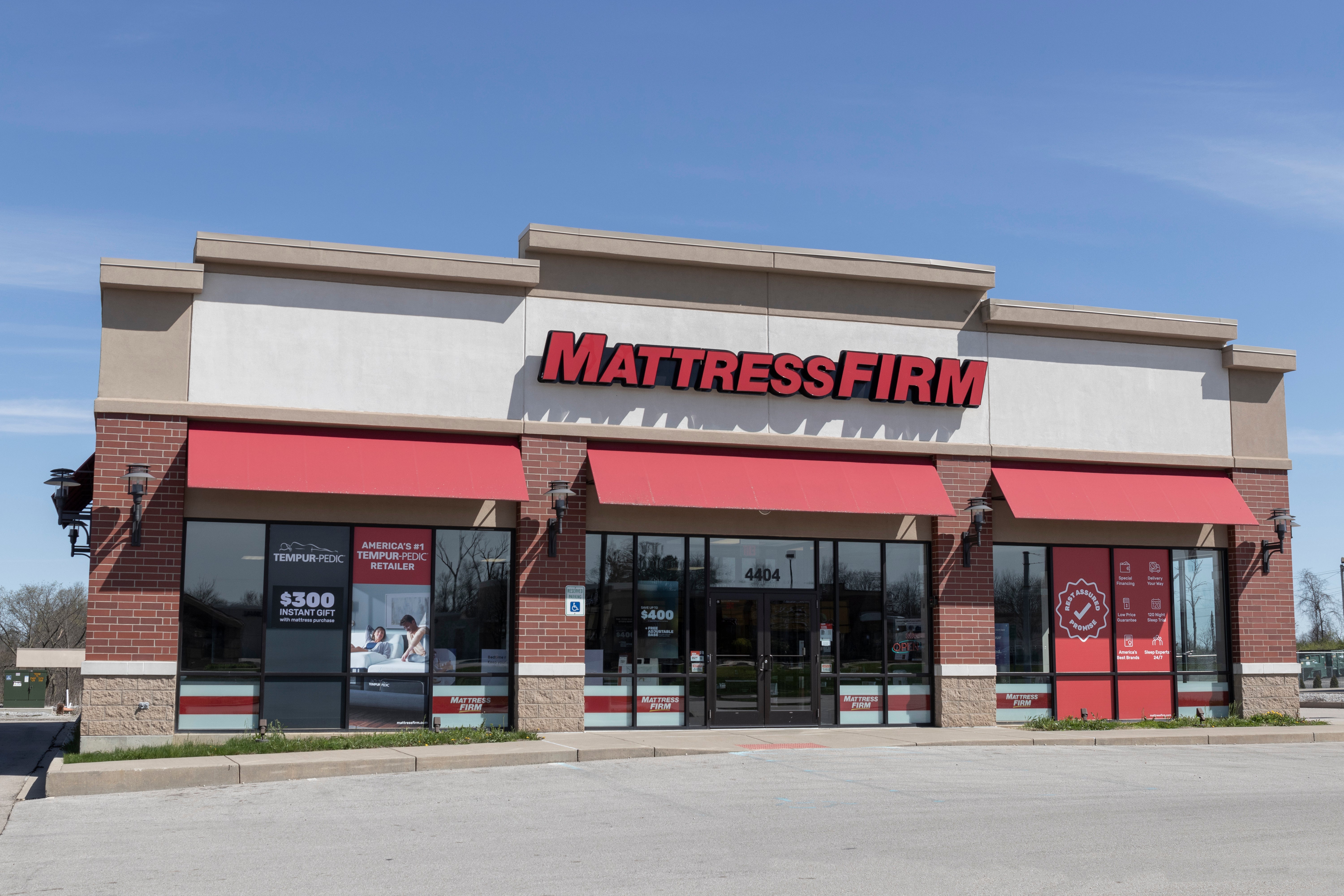Double-check the math, but the news that bedding giant Tempur Sealy will sell off about 180 retail locations if it gets approval to buy Mattress Firm just doesn’t compute.
Tempur Sealy has been trying to buy Mattress Firm—the largest retail chain in the mattress business—for some time. After years of talks, the acquisition was formally announced last May, though the deal was subject to regulatory approval. As it turned out, the Federal Trade Commission didn’t like it, and in July voted 5–0 to challenge the $4 billion deal, saying the acquisition would give the merged company an unfair advantage in the marketplace.
It didn’t help that leaked emails and other assorted documents showed that was exactly what Tempur had in mind. In a release from the FTC after the vote, Henry Liu, the director of the organization’s Bureau of Competition, said: “This deal isn’t about creating efficiencies; it’s about crippling the competition.”
It’s understandable that Tempur wants a vertical business model. It’s what so many brands are trying to pull off by controlling the distribution of their products from manufacturing straight through to the consumer. It’s not a bad strategy, but it does raise antitrust issues, especially in this case, when you’re putting together the largest supplier with the largest retailer in the product category.
Tempur Sealy’s announcement that it would sell off some of its stores if the deal goes through seems to be an effort to address the anticompetitive nature of the acquisition. But really? Those 180 locations represent a measly 6 percent of the total store count—not very much by my math.
Compare this proposition to the pending takeover deal between grocery giants Kroger and Albertsons, which is facing similar FTC scrutiny. Kroger has said it will sell about 580 stores of the merged company if its deal goes through. With a much larger retail footprint of about 4,500 locations, that represents around 13 percent of the total combined fleet, or double the percentage Tempur Sealy has offered. And even 13 percent seems like a low number as these things go.
Whether the Sealy deal ultimately goes through will probably have as much to do with the November presidential election as the takeover’s actual merits. (Same for Kroger, you would think.)
If Tempur Sealy does get Mattress Firm, it will create a void in the marketplace for an independent retailer not beholden to any one supplier source...
Something to sleep on.
____________
Warren Shoulberg is the former editor in chief for several leading B2B publications. He has been a guest lecturer at the Columbia University Graduate School of Business; received honors from the International Furnishings and Design Association and the Fashion Institute of Technology; and been cited by The Wall Street Journal, The New York Times, The Washington Post, CNN and other media as a leading industry expert. His Retail Watch columns offer deep industry insights on major markets and product categories.





























